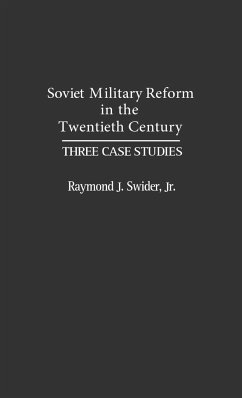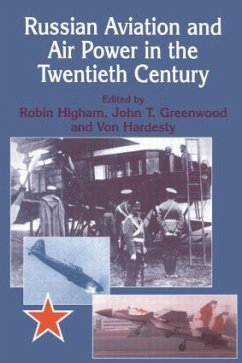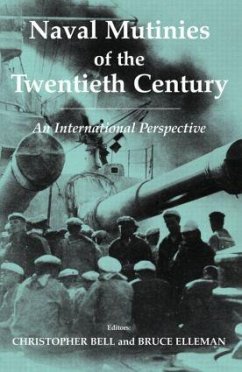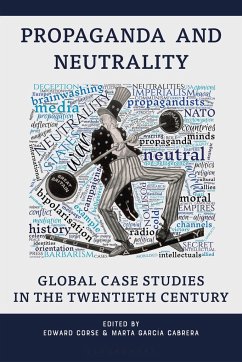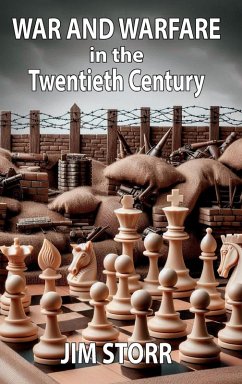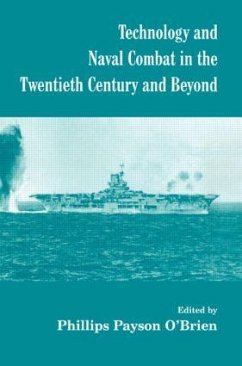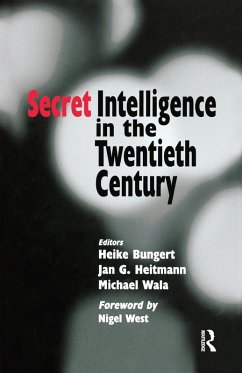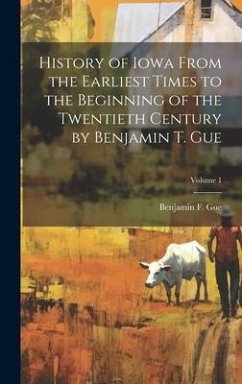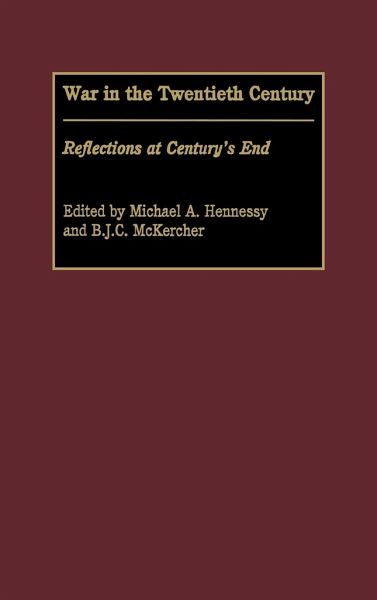
War in the Twentieth Century
Reflections at Century's End
Herausgeber: Hennessy, Michael A.; Mckercher, B. J. C.

PAYBACK Punkte
51 °P sammeln!
War proved a seminal influence on the shape of the 20th century. This collection provides various essays addressing the phenomenon of war as viewed through the eyes of the fin de siecle. Leading scholars of war, international relations, and international law offer general or specific insights into war's consequences during the last one hundred years. Combined, the essays demonstrate the centrality of 20th century war to the development of the modern state system, international jurisprudence, and contemporary society. Donald Watt provides an overview of the use of the term war in its legal and ...
War proved a seminal influence on the shape of the 20th century. This collection provides various essays addressing the phenomenon of war as viewed through the eyes of the fin de siecle. Leading scholars of war, international relations, and international law offer general or specific insights into war's consequences during the last one hundred years. Combined, the essays demonstrate the centrality of 20th century war to the development of the modern state system, international jurisprudence, and contemporary society. Donald Watt provides an overview of the use of the term war in its legal and practical sense. John Lynn addresses the transformation of military professional forces through the century. Donna Arzt explores the slow convergence of humanitarian law with human rights laws as witnessed in the latter half of the century. The contours of the national security state that emerged in many forms through the late century are detailed in contributions by Lawrence Aronsen, Geoffrey Smith, and Gary Hess. Finally, efforts to avert war through arms control, disarmament, arms reduction, and peace-keeping are examined in essays by Norman Hillmer and Erik Goldstein.





